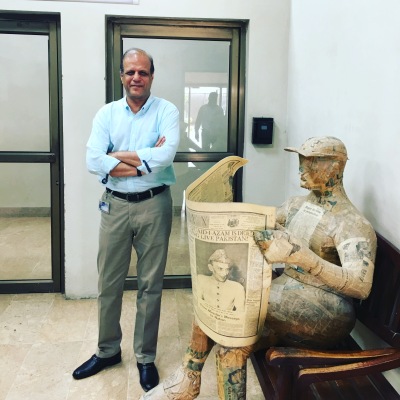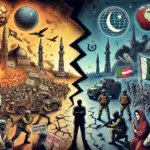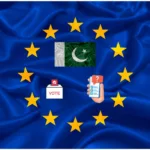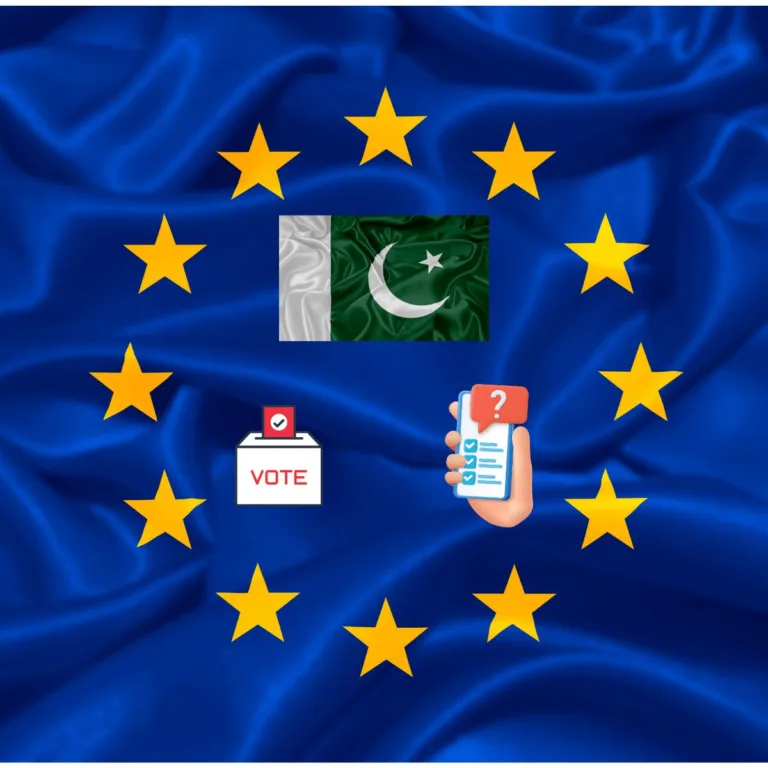Doing journalism where public life is synonymous with violence
Originally published in Media Asia.
Dawn, Pakistan
In Pakistan, the politics of confrontation not only have material consequences but also manifest themselves in the symbolic realm. In this environment, Dawn, the most widely circulated and respected English daily, maintains a zero tolerance policy against “attack ads”.
“We only accept ads from political parties that are in praise of their activities, not if they are attacking a rival party,” says Zaffar Abbas.
Dawn’s attempt to foster a constructive national debate in a violently polarized political culture is no accident and is reflected in its commitment to professional practice. Ever since the paper’s foundation in 1941, managements have allowed the editors a level of autonomy unparalleled in the local media industry.
Indeed, Abbas, a career journalist with over 30 years of experience, is the most revered person at the newspaper’s headquarters; the custom is that even “the sahib (CEO) must walk down to the editorial floor for a meeting”. Something all staffers take enormous pride in.
The separation of editorial control from the publisher is a common practice among free and independent news organizations globally. However, it has special significance in Pakistan’s emerging media landscape where muckraking media barons, like other local business owners, often circumvent corporate and informal rules.
Such editorial autonomy comes with a price. The paper is suffering from heavy advertising losses, after it reported details of a special meeting between the powerful military and the civilian government in October 2016. This is in a country where 90 percent of newspaper revenue comes from advertisers, of whom at least 30 percent are government or government-related.

The concept of blocking-a-story doesn’t exist at Dawn, unless of course the story is completely off-tangent and doesn’t fit the standards set by us. But one tries to be careful; this is not a revolutionary newspaper, it’s a decent, objective newspaper where we support democracy and you don’t want to destroy anyone’s business. These rules are made by them (management). They can change the rules but at the moment this is how they function.” – Zaffar Abbas, editor Dawn.
A respected brand
At the same time, the flagship daily enjoys the prestige of catering to elite educated Pakistanis and claims the highest share of English print readership, giving it a status similar to a newspaper of record. The parent company, Dawn Media Group, understands this well and has managed to inextricably link the professional ethos of the daily with the Dawn brand.
The daily maintains a strict code of ethics for advertisers, in addition to charging a premium tariff. Standard restrictions are applicable on editorial space allocated for ads; for instance, no full front-page ad is ever allowed. Advertisers may also be turned away because of what the paper considers sensitive content. In addition to “attack ads”, these may include sensitive or controversial categories such as marriage, investment, and religious matters.
Pakistani advertisers in turn, understand that the Dawn brand has the potential to leverage their products and are willing to accept such terms.
While the group charges one of the highest tariffs in the country for its flagship product, it maintains a more flexible policy, in keeping with the market, for its other media businesses, which include magazines, a 24-hour news television station, a radio entertainment station and a fast growing news website. For instance, the Dawn TV news channel, managed and run independently of the newspaper, may offer considerable discounts to advertisers, most of whom buy in-bulk. While Dawn.com, the papers’ online extension, follows the general editorial and advertising ambit of the print edition, it can offer a 10 percent discount. No value addition is ever given for the print edition.
The group also organizes exhibitions and trade fairs, which are otherwise rare public events in Pakistan. One such event is the DawnSpelling Bee. A regular fixture in schools, the competition is another example of how the group has based its unique selling proposition on best practice. Previously housed inside the advertiser-focused marketing department, it was shifted to the more reader-centric, circulation department. “We realize that through this programme we are investing in the future. Good readers today, will become the readers of print tomorrow,” explains Ali Hasan Naqvi, the head of marketing.
Management to the rescue
Despite enviable brand equity, the editors forecast that profits for the daily will likely sink below break-even in five to ten years’ time. This is due to commercial factors beyond the battles with disgruntled advertisers and the powerful state apparatus. Recently, much advertising revenue has been encroached upon by the mushrooming of private television channels.
The staffers derive their confidence from the management and with good reason. Hailing from a wealthy business family in Pakistan, the current CEO, Hameed Haroon, is the president of the All Pakistan Newspapers Society, a patron of the arts and heritage for the local government and hosts a radio programme on South Asian music. “We don’t have a financial goal per se of survival,” he says, speaking about Dawn at his alma mater, the London School of Economics. By this he meant that if the paper is not viable with the existing commitment to editorial independence, it would not be worth continuing with it.
Muhammad Ali Jinnah, who was arguably the paper’s first CEO, was a lawyer by profession and the president of the All-India Muslim League – the political party in British India which fought the constitutional battle for a separate Muslim majority nation-state, later called Pakistan. He became independent Pakistan’s first Governor General. Jinnah’s portrait is part of the paper’s masthead and reminds staffers to see their work as a professional public service, supported by their management.










